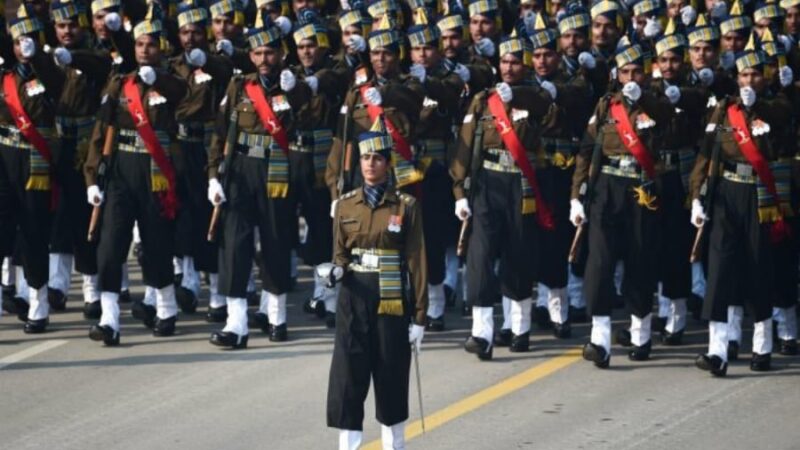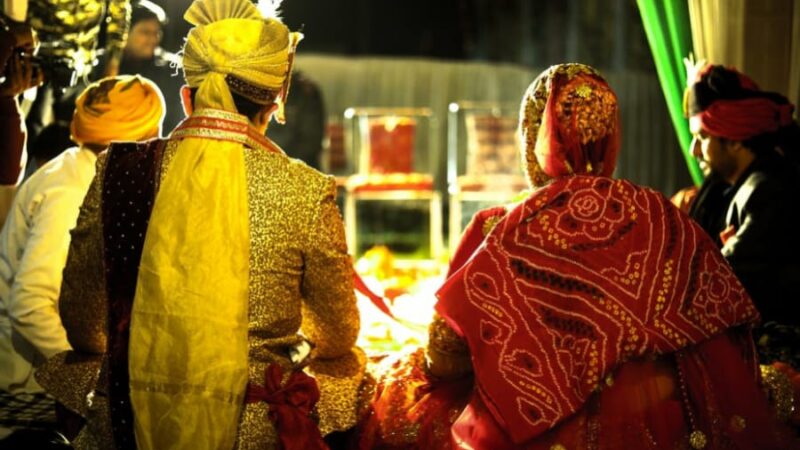Ordinary Heroes

A hero is an ordinary individual who finds the strength to perseverance and endure in spite of overwhelming obstacles. The idea of defining heroism is constantly debated across the globe but the grasping aspect of what makes a person a genuine hero is the tenacity and humbleness a person can share without the need of recognition or validation. A hero does not need to be a person who solves problems as it could also be people just doing ordinary things that are impacting other people’s lives.
Every morning, I witness this fact that poverty exists and the effort towards eradicating it is minimal in some countries such as India. An issue addressed along with poverty is the inequality among men and women – especially in rural areas here in India. Many people have the mentality that women are incapable of anything so they should prolong the role of abiding to the male’s authority in the household – whether it is the father or husband. This mentality constrains many women to pursue their goals or dreams as they are constantly discouraged from doing so.
However, in reality the women in our everyday lives are the actual heroes who do not receive recognition as their jobs may be considered as not worthy or imperative. Our live revolves around heroes- be it our mother,sister or wife, all of them are a hero in the purest sense. As a wife, a lady takes care of the whole family with warmth and compassion but she never ask for anything in return. Most importantly, our mother – the hero that usually does not receive any validation or recognition of her upbringing until the moment we all have grown up. Mothers are heroes because since the day we were born they hold us tightly and never let our hands go. They were the ones who woke up 3 in the morning to change our diapers and feeds us when were hungry; in return they ask for nothing.
Women are capable of so many things as men are capable of many things. They should never be taken for granted. They should be treated equally not because they are women; but, because they are human. —– About the author: The article has been contributed by our intern, Lovishniakri Sekran.
.






